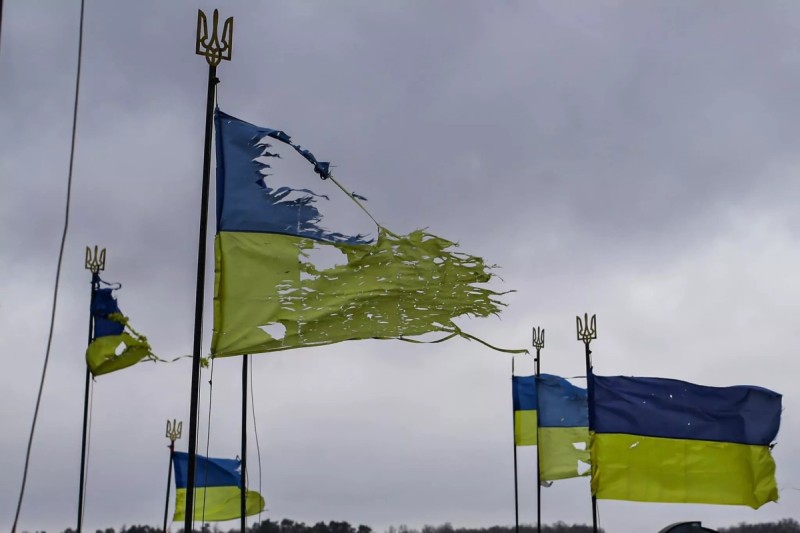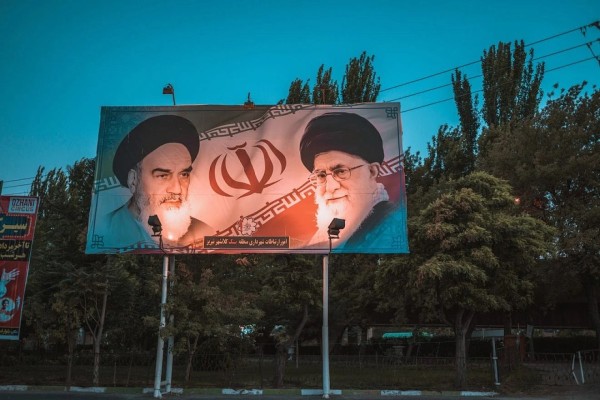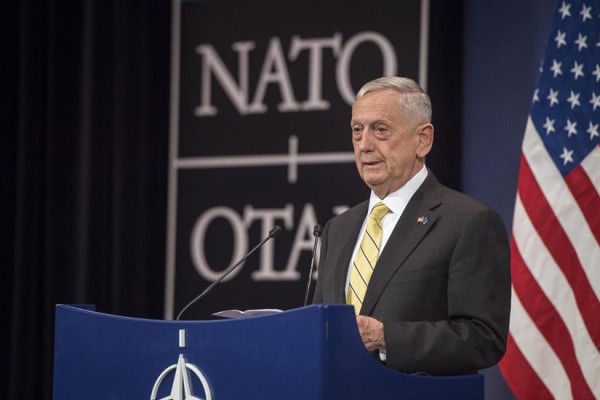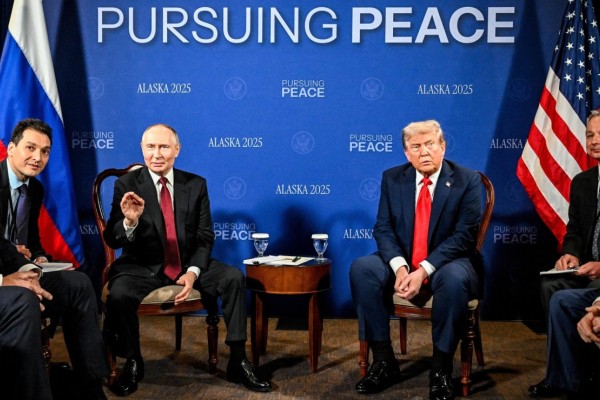Why the Trump-Putin summit is unlikely to ‘ripen’ peace in Ukraine
With no path to compromise and Russia advancing, hopes for a breakthrough remain slim

Ukrainian national flags flying over the Yatsevo Cemetery in Chernihiv. Photo by Stas Yurchenko.
Two weeks ago, on July 28, American political scientist William Zartman passed away. Famous for inventing “ripeness theory,” Zartman maintained that, barring the absolute victory of one side or the other, wars end only when two conditions are met: first, there must be a mutually hurting stalemate and, second, both sides must perceive a way out. Absent those conditions, the conditions of peace are not “ripe” and any diplomatic efforts to end a war will fail.
What matters here is perceptions rather than reality. Whatever the actual situation, the warring parties have to perceive that they cannot win and have to perceive that there is some way out. Successful peace-making is about nudging perceptions in that direction.
Unfortunately, as the American and Russian presidents, Donald Trump and Vladimir Putin, prepare to meet in Alaska this Friday, the conditions of the war in Ukraine remain far from ripe. The war is certainly “mutually hurting,” but there is no indication that the Russians regard it as being in any way stalemated. On the contrary, it is clear that they believe that they have a distinct military advantage that is growing month by month.
In this, they are right. Ukraine is suffering a severe shortage of manpower, meaning that crucial parts of the front are only very weakly defended, allowing Russian forces to infiltrate through the gaps. By contrast, the size of the Russian army in Ukraine apparently continues to grow, as acknowledged by the head of the Ukrainian army, General Oleksandr Syrskyi, who recently claimed that Russian forces were growing by 8-9,000 men a month. Along with Russia’s industrial superiority over Ukraine, this is having a definite effect, with the Russian army advancing considerably faster in 2025 than a year previously, and just this week achieving a significant breakthrough on the flanks of the besieged city of Pokrovsk.
The international press paid much attention recently to Trump’s declaration that he would allow Europeans to buy American weapons to send to Ukraine. This was interpreted as a shift in Trump’s position towards supporting the Ukrainians. But the press missed the more important corollary of that declaration, which is that the US will no longer itself give any weapons to Ukraine. As Vice President J.D. Vance said this week, the US “is done with funding the Ukraine war.” This is likely to further accelerate the shift in the attritional logic in Russia’s favour, a fact of which the Russians must be aware. They do not feel stalemated.
Meanwhile, there is no mutually perceived way out of the war in the form of a blueprint for peace that could serve as the basis for a final settlement, or at the very least as the basis for negotiation leading to a final settlement. The Trump administration at first seemed to imagine that it could induce both warring parties to agree to a ceasefire after which negotiations could begin. But Russia firmly rejects a ceasefire prior to a settlement, believing that Ukraine would use such a ceasefire to rearm, to invite European troops into the country, and to avoid making any political concessions. The result would be a frozen conflict perpetually in danger of turning once again into all-out war.
Trump’s initial approach has, therefore, ended in failure. His decision to meet Putin in Alaska on Friday perhaps reflects an understanding of this and a realization that the only way forward at this point is to come up at least with some outline of an agreement with Russia that can then be presented to Ukraine as the foundation for a serious negotiation process prior to a ceasefire.
The problem, though, is that the American government does not seem to have a very realistic idea of what such a settlement should consist of. The talk this past week has been of a territorial exchange between Ukraine and Russia, with Trump announcing on Monday that “there’ll be some landswapping going on.” However, different sources are providing different versions of what would be involved in such an exchange, and none of the options being promoted seem at all realistic. They have also been fervently rejected by Ukrainian President Volodymyr Zelensky. “Ukrainians will not give their land to an occupier,” he declared.
Beyond this, Putin has repeatedly made it clear that territory is not the primary issue in the war. Rather his main concern is preventing Ukraine from becoming a future military threat to the Russian Federation by ensuring its neutrality and limiting its military capacity. Putin did not choose to invade Ukraine on a whim. He did so because he considered that vital national security issues were involved. Barring military exhaustion, he is not going to stop without those issues being, if not fully resolved, then at least seriously addressed.
It’s not obvious that Trump has the wherewithal to do this. In the first place, he has limited leverage over Ukraine and its European allies and cannot force them to agree to something they dislike. In the second place, he is clearly being pulled hither and thither by competing factions within the US political system, with some in the Republican Party wanting to wash their hands of Ukraine entirely and others demanding a much more hawkish stance towards Russia. Domestic politics creates limits on what Trump can offer Russia.
All this means that Friday’s Trump-Putin summit is unlikely to lead to a breakthrough in the peace process. That does not, however, mean that it’s not worth doing. As Winston Churchill said, “Jaw jaw is better than war war.” One cannot ever find a mutually perceived way out of a conflict if one does not start talking about what that might be. In addition, even a very partial agreement between Trump and Putin could serve a useful purpose in inducing a greater sense of reality into Zelensky as well as into those of his Canadian and European allies who keep prompting him to imagine that things are somehow going to turn around magically in his favour. It is most unlikely that they will.
Paul Robinson is a professor in the Graduate School of Public and International Affairs at the University of Ottawa and a Senior Fellow at the Institute for Peace and Diplomacy. He is the author of numerous works on Russian and Soviet history, including Russian Conservatism, published by Northern Illinois University Press in 2019.










